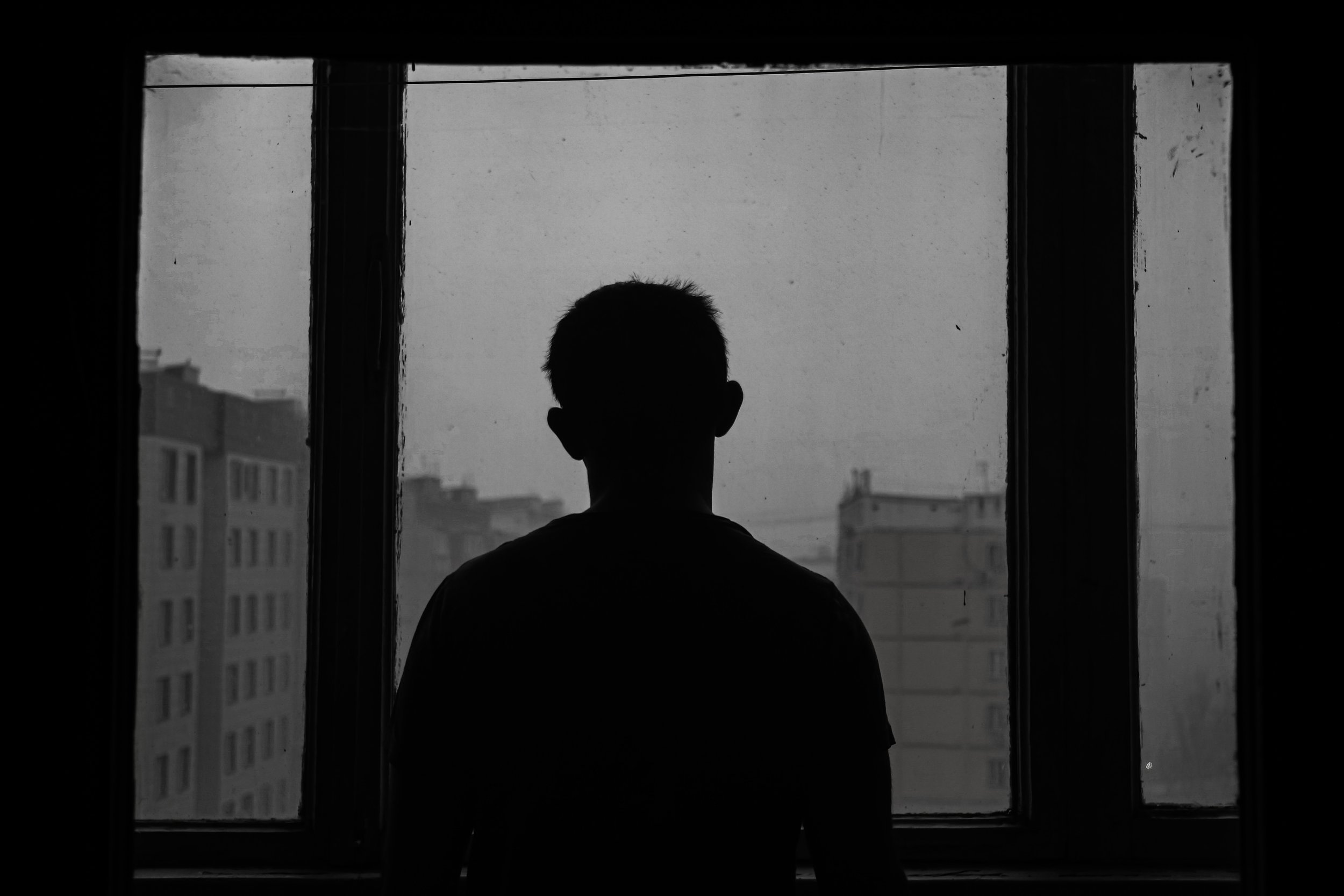Depression

Forty or more hours a week, 9 am to 5 pm or later, short breaks then back at it again. Sound familiar? Many jobs have this format but a growing number (particularly after the pandemic) are adopting a different format and requiring workers to figure out solutions to new challenges. Whether you are a restaurant server, warehouse supervisor, or a CEO, the idea that a job or a career is a regular and necessary part of life is built into our culture. Just think of the perceptions around the idea of being “unemployed” or “jobless” or how many times you may have heard growing up things like “you need a job” or “no one likes to work, but you have to do it.” From the time you begin to work until retirement, it is assumed that everyone needs to work a job in order to achieve. It is here where many people struggle with the idea of sacrificing so much of their time to a job when their values would suggest a different use of their time and energy. There are also many people who place themselves in their job or career doing what they love and where their values agree with how they use their time. Now here is the $50,000-a-year question (before taxes); How in the heck do you figure out what is right for you?

Sleep is essential and it allows your body and mind to recharge, to feel refreshed and alert. Good sleep hygiene helps the body remain healthy and improves your immune system. Without proper sleep, the brain can not function properly. Keep reading for tips on getting better sleep.

There are many ways in which pets can benefit our mental health, whether we are pet owners or just fans of pets!

Many of us can acknowledge the value and importance of self-worth. Higher our self-esteem, we feel better about ourselves and are more resilient. When your self-esteem is higher, you are also less vulnerable to anxiety and stress. Even though it is great to have higher self-esteem, improving our self-esteem is no easy task.

Cognitive Behavioral Therapy (CBT) involves using your Thoughts to help manage your Emotions which in turn affect the way you either impulsively react or appropriately respond to a crisis or any situation. This is considered a CBT triangle- Thoughts, Feelings, and Actions. Depression may be described as feelings of “emptiness”, “hopelessness”, or “sadness”. There are many different experiences of depression as there is uniqueness in people. Be aware of the following symptoms of Depression. Depression can show up as bodily and physical symptoms ( aches and pains that don’t respond to traditional medical treatments); exhaustion; overeating or having 5 percent weight loss without intending to do so; excessive sleeping or unable to sleep enough; feeling more fidgety. Psychological symptoms include feelings of hopelessness and emptiness, maybe even anxiety. Suicidal ideations are not unusual. Social symptoms involve loss of interest in usual activities and avoiding others.

Experiencing and working through difficulties with mental health is not a linear process, rather it is common to experience both ups and downs. Despite the hard work that can be done to control mental health symptoms, there is always a chance that symptoms can reoccur in the future, this is something that is considered a mental health relapse. Having a mental health relapse can feel discouraging, but fear not, this is common and something that you can prepare for.

The act of journaling has many known benefits for cognition and overall mental health. Journaling helps to reduce stress, set goals, increase overall mood, cope with daily problems, reflect, and increase your memory. While journaling does have these benefits, a lot of times it is hard to know where to start when beginning this process. You may be wondering, what do I write about? While there are no set requirements for journaling because it is an avenue of personal expression and reflection, but seemingly this process can still present as intimidating.

Intimacy is a cornerstone of any close relationship. This intimacy can come from many different parts of a relationship and look very different from one another, but they all have one thing in common; trust and vulnerability. Whether this relationship is between you and your parents, best friend, or romantic partner, if it is a close relationship then they know the real you and you trust them not to hurt you with that information. It is here that we let our walls down that would otherwise be up with other people. Having your walls down is the vulnerable state that makes these relationships so strong and meaningful. There are many myths and misconceptions about intimacy that regularly affects the quality of a relationship.

Humans are among a very small percentage of creatures that have the documented capacity to imagine vivid and complex ideas. We can engage in fun fantasies like driving our dream car, traveling to exotic locations, and finding our true love in the most romantic way. We can also imagine worst-case scenarios like our heaviest concerns for the day coming to pass, imagining coming face to face with a specific phobia, or picturing exactly how that argument with your partner will play out later.

After a stressful day it can be difficult to turn off our negative thoughts and feelings. It can be easy to bring stress home after a long day at work, an argument with a friend, or whatever it may be that brought you down. It is important to take care of yourself after a stressful day by checking in with yourself and allowing a mental reset. Taking a mental reset can help in better managing your stress and not allowing it to continue the remainder of the day into the next. The following are ten tips and strategies you can use to help unwind after a stressful day: